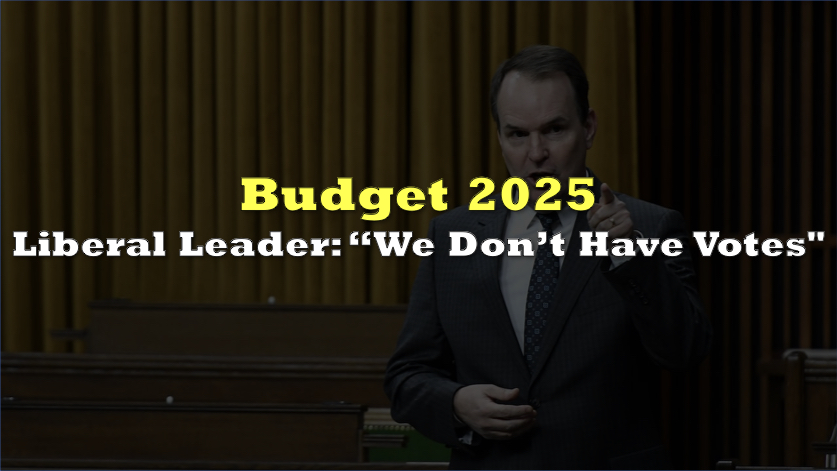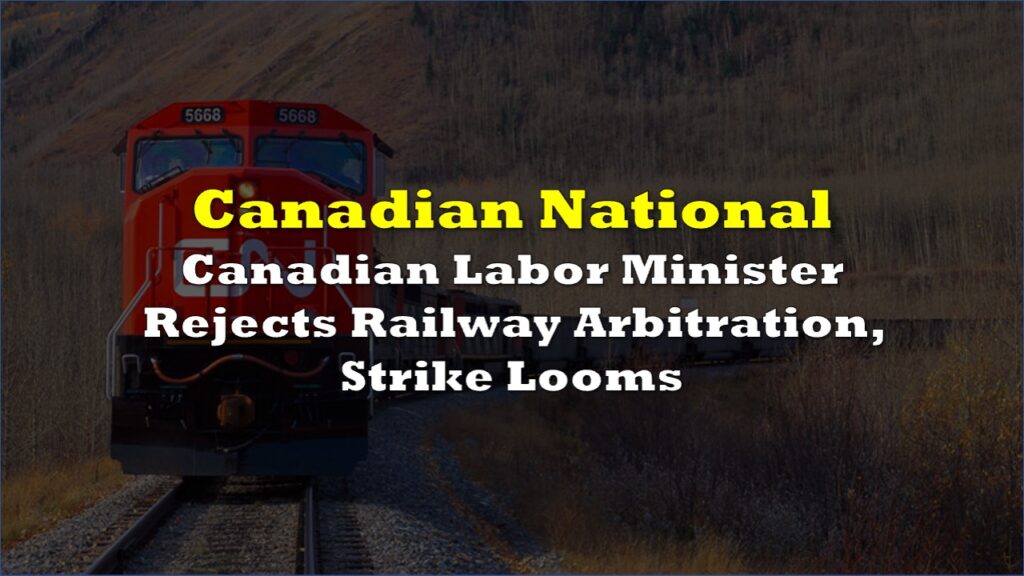Liberal House leader Steven MacKinnon admits the party doesn’t have enough votes to pass the November 4 federal budget, confirming a minority-math shortfall and pressing opposition parties to decide whether they want to force an election.
“As we speak right now, we don’t have the votes,” MacKinnon said in an interview.
MacKinnon acknowledged the government’s lack of a majority and framed the coming fiscal plan as part of a mandate to “move this country forward economically,” while accepting that budgets are confidence matters that can trigger a trip to the polls if defeated.
“The opposition parties will have to determine whether the differences between us are sufficiently large to cause the Canadians to go to the polls,” he said, adding “we would be reluctant to go to the polls.”
‘Right now, we don’t have the votes’ to pass federal budget, says Liberal House leader. Steven MacKinnon pressing opposition parties to consider if they want another election, @bensteven_s reports https://t.co/R33UFZDba2
— National Newswatch (@natnewswatch) October 26, 2025
Find out more at https://t.co/1zbPY5H87t pic.twitter.com/UiOvr9VDSV
The House leader set out the negotiation landscape now shaping the vote. Conservative Leader Pierre Poilievre wants an “affordable budget” with broad tax cuts, a deficit capped under $42 billion, and the end of the industrial carbon tax. Bloc Québécois Leader Yves-François Blanchet seeks higher Canada Health Transfer payments, new infrastructure spending, an expanded rapid housing initiative, and boosted Old Age Security for ages 65 to 75.
MacKinnon called some of those Conservative asks “unattainable,” saying they would remove “hundreds of billions of dollars of revenue.” The Liberal leader also took aim at Bloc rhetoric that dismissed the coming budget’s legitimacy, noting that Blanchet leads 22 MPs within a 343-seat House, a reminder of the scale of votes still required to pass a confidence measure.
He instead aimed friendlier rhetoric at the New Democrats, noting they have been more constructive in feedback while stressing that “the math is pretty clear. We don’t have a majority.” The NDP’s votes remain pivotal, with interim leader Don Davies publicly positioning the party to extract concrete gains while reminding the government that it is responsible for assembling support.
In recent remarks, Prime Minister Mark Carney said Canadians should expect “challenges” and “sacrifices” and argued that inaction would worsen pressures, a message consistent with his plan to cut operational spending while investing in supply chains, housing, defense, and trade diversification. Reporting also highlight Carney’s goal to double non-US exports over the next decade as part of a response to punishing US tariffs.
With that framing, MacKinnon said the government will make “hard choices on the government operation side” so it can “invest massively” in projects that strengthen supply chains and diversify markets “both east and west.”
Information for this story was found via CBC and the sources mentioned. The author has no securities or affiliations related to the organizations discussed. Not a recommendation to buy or sell. Always do additional research and consult a professional before purchasing a security. The author holds no licenses.






One Response
So PP wants a deficit cap but tax cuts everywhere including Industrial carbon tax cuts. One assumes he wants affordable housing and health care as well….now how does he expect that deficit cap to occur with less money coming into the federal coffers? Blanchet wants spend, spend, spend which will make PP mad….thank goodness for the ever reasonable NDP….